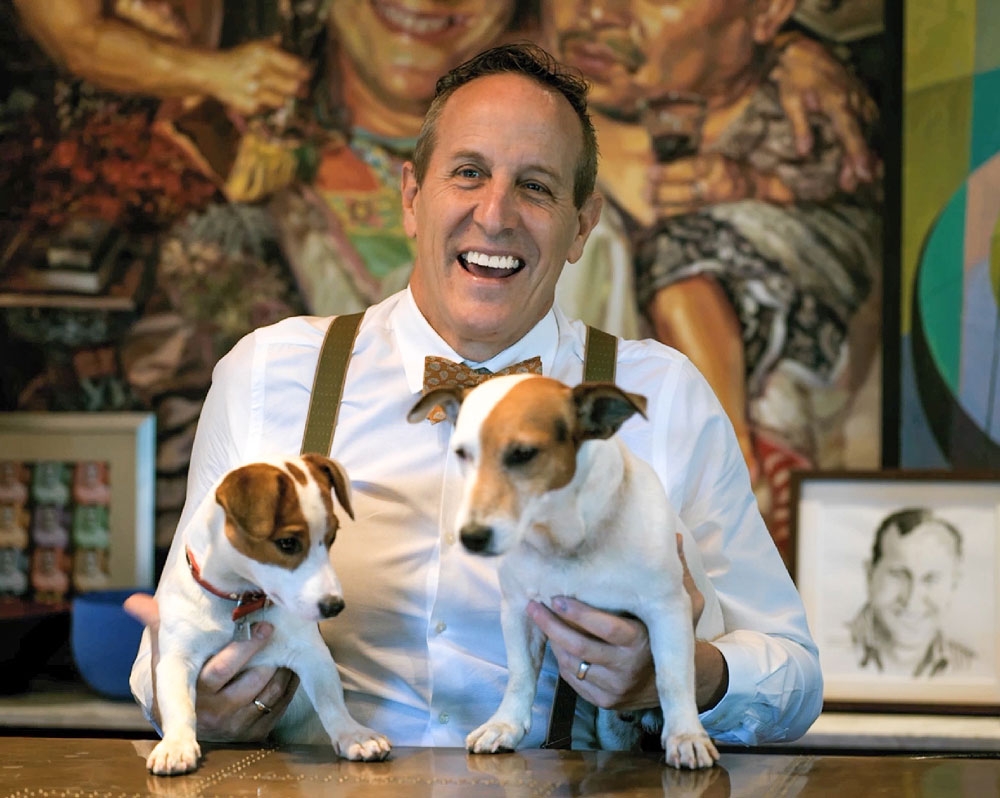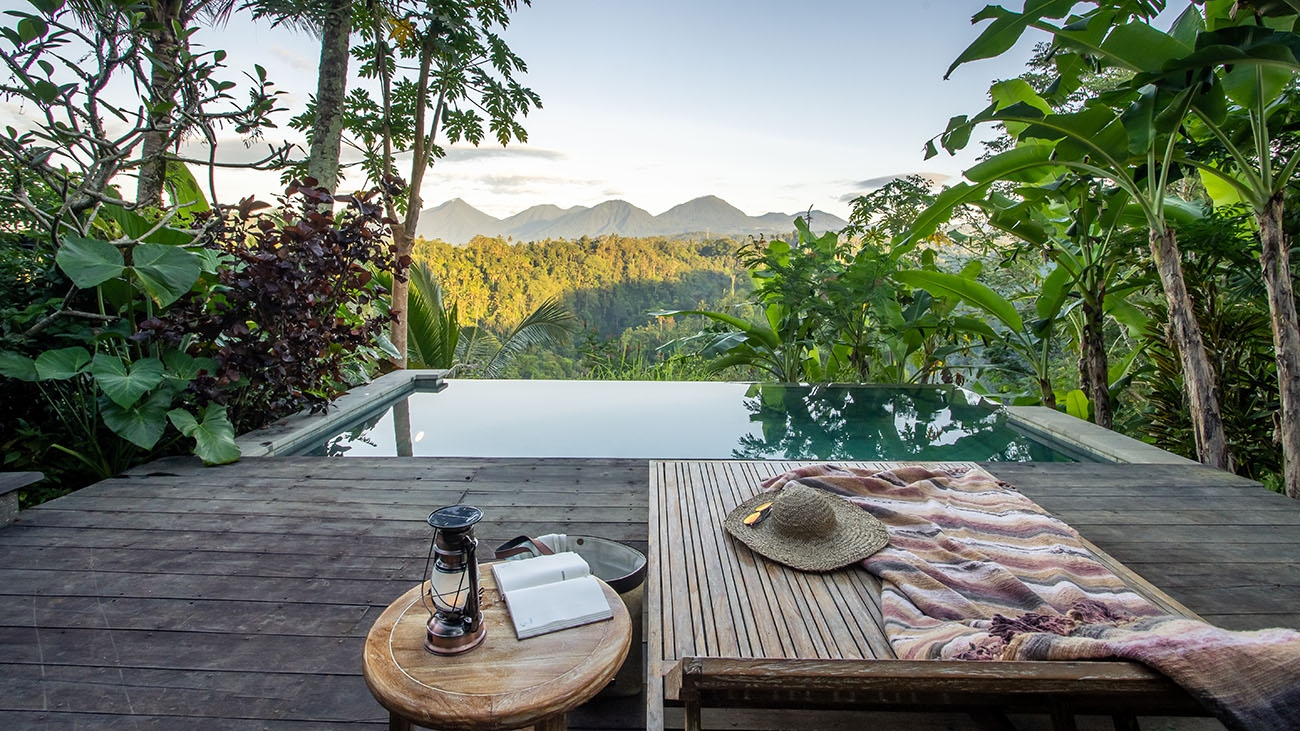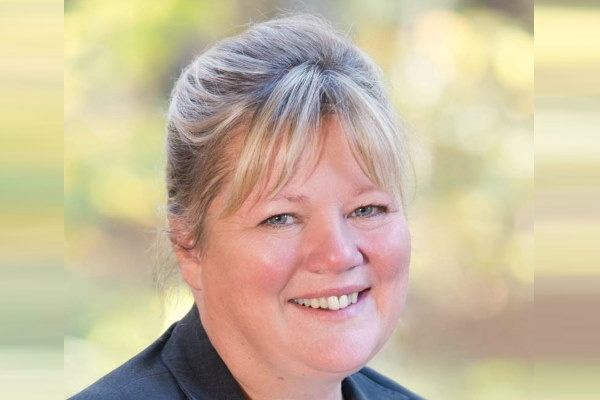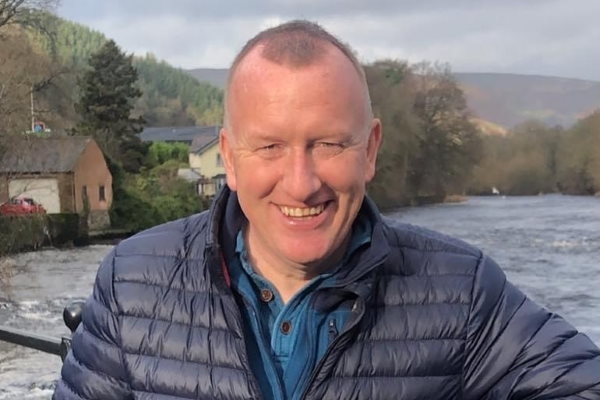Voice of Luxury: Bill Bensley, architect and hotel designer
Q. How have you adapted to working in the current landscape?
A. I have found it wonderful – I've enjoyed it. I was scared [of Covid] at first, but as you might know, Thailand is one of the safest places to be right now, we've had only 3,000 cases since it started. I’m painting at home in my studio more. I'm working closer, better and more creatively with my hundred-something staff than I ever have before and we're more creative as a family because we can concentrate now without travelling.
Q. How do you think travellers’ priorities will change post-pandemic?
A. In a nutshell, people are going to travel less but go for longer periods of time and to more remote places. People are going to go to places like Shinta Mani Wild in Cambodia, which has just 15 tents and lots of space and it’s easy to be spread out. They’ll want places that have all the bells and whistles, but where you can really be by yourself.
Q. You’ve been quoted as saying that luxury is dead, and that experience is more important. Is that still the case?
A. It’s correct now more than ever. At a Bensley Collection property, we can take people out on day-long hikes, we capture snares left by illegal loggers, we take people out onto the backwaters, we kayak all day long and we don’t see another person in the Cambodian jungle. It’s all these experiences that you could never have anywhere else in the world that people are going to remember. No one remembers a lobby full of flowers anymore.
Q. You were talking about sustainability long before it became a mainstream issue. Is the industry more aware?
A. Everybody in the hotel industry is much more aware of sustainability, even more than they were just last year. People are understanding that it’s about more than just plastic straws and bottles. Pre-Covid I wrote something called the Sensible Sustainable Solution – a white paper for hotel owners, operators and designers, and it's what I've learnt over the last 30-something years. This white paper has been picked up by many hotel companies as part of their building standards. As an architect, a hotel company will give me a set of standards and this time last year, many hotel’s building standards said nothing about sustainability. That's why I wrote this very simple paper, just to begin that process of combining hospitality with sustainability.
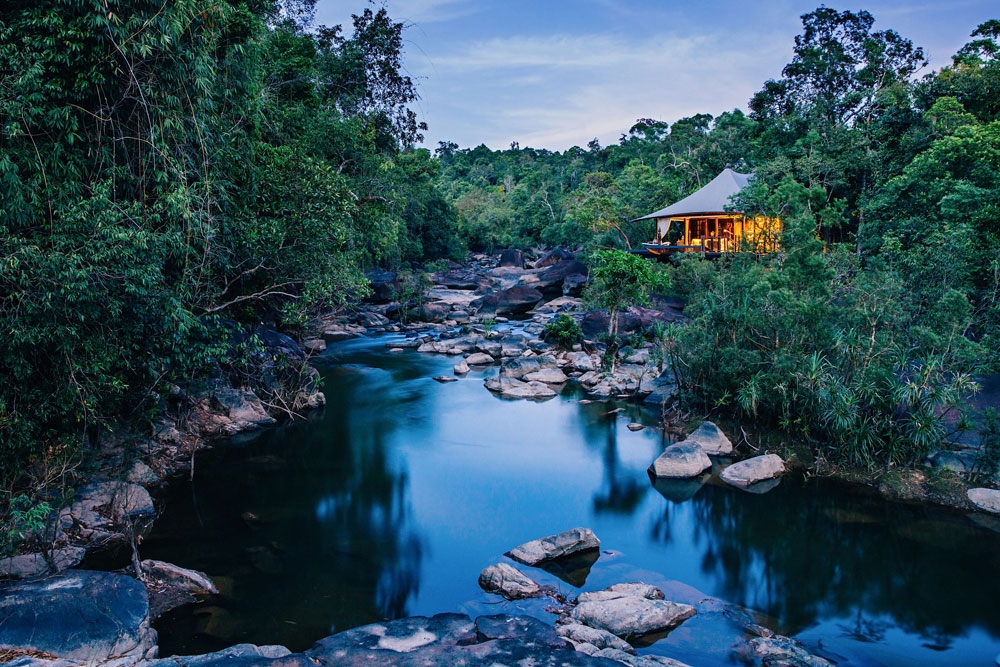
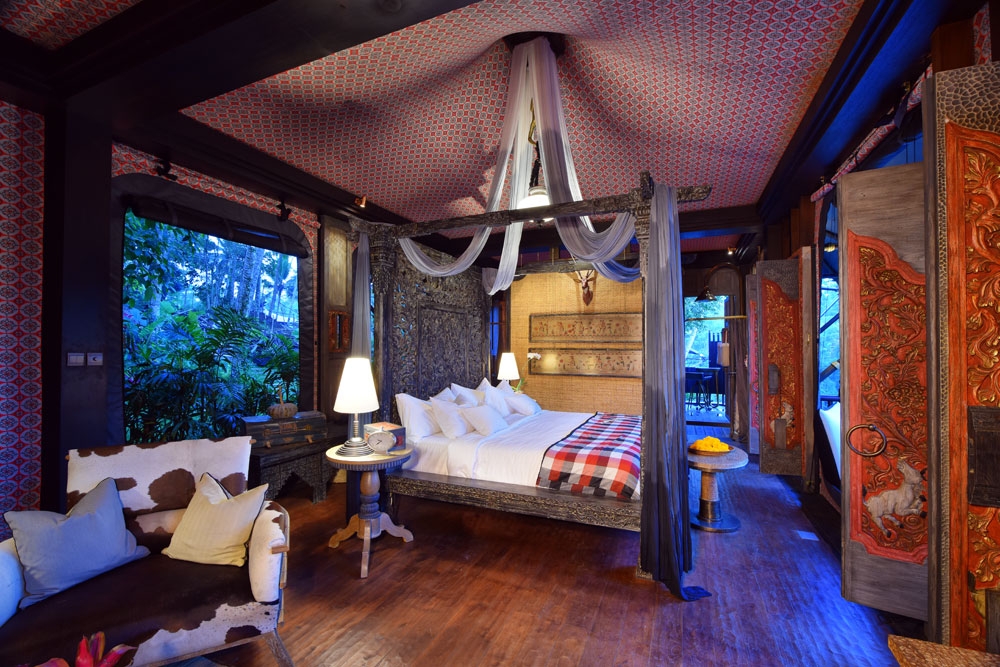
Q. What did you want the main takeaway to be from your white paper?
A. The first word of the title, ‘sensible’, is very important. The big takeaway is that sensible sustainability is all about making sense, and it's also about how to save money in the building of new hotels and in renovation. There are not many operators or hotel owners that want to spend money on sustainability, but this paper proves that this is a long-term way to save money, and it's more profitable. Read it and become more profitable. That's it.
Q. What makes a new project exciting to you?
A. I get excited when I’m presented with a beautiful natural environment. I always think, ‘how can I do this project without screwing up mother nature?’, so to me it’s about minimal intervention. I started working on a project with Capella in Bali five years ago. It was meant to be a 120-room, four-star hotel that would have completely wiped out the entire landscape. I said to the client, ‘perhaps we should do something different because this is going to be an environmental disaster’. I didn’t really want to do the project the way we were planning it, so I said, ‘let’s do 20 or so tents so that we just tiptoe around the landscape’. And that’s what we did – 24 tents - and it worked because this hotel has the highest room rate in Bali and the client spent less than half of what he originally wanted to (on the build). It was just voted Travel + Leisure’s number-one hotel in the world.
Q. Tell us about new projects you’re working on.
A. We’ve got a great project here in Thailand. We’re refurbishing these really old garbage train carriages into a new hotel. We’re doing something completely new and sustainable by not building a new bricks-and-mortar hotel – we’re recycling for the entire structure. It’s an InterContinental and it will open by the end of next year in Khao Yai National Park, north of Bangkok. We’re also designing a Bensley Collection hotel in Zhanjiang near Hainan, a Chinese surf resort. It will have 38 beach shacks, and each comes with two surfboards, mountain bikes and all the toys and whistles that I like. China doesn’t really have anything like this yet. We’re under construction with this and it will be open in 18 months. We’re also doing a Bensley Collection in Okinawa (Japan) – it is a samurai camp in the jungle, but also on the beach, because, why the hell not! We’re still working on the drawings for this property but it’s very exciting.
